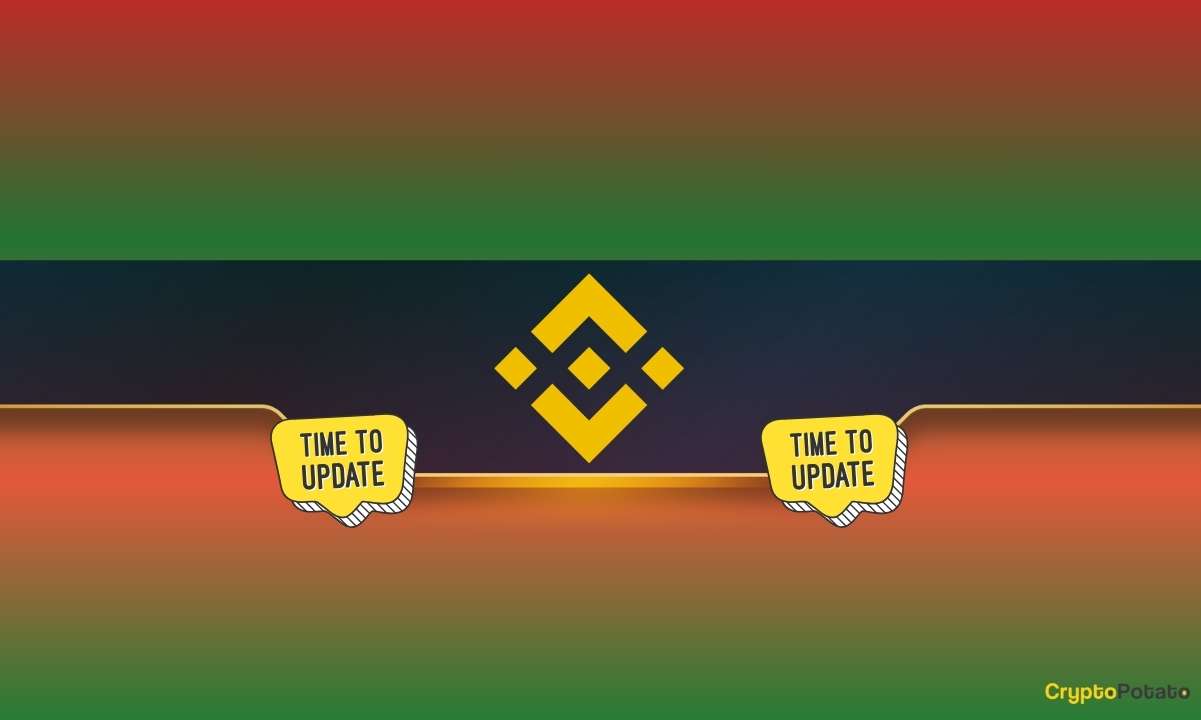Check out the latest scheduled amendments on Binance’s platform.
- Binance will delist several trading pairs (such as ADA/TUSD and AEVO/BNB) and halt spot trading bot services for them on August 2.
- It also added new trading pairs like CKB/USDC and EOS/USDC to its margin trading options, enhancing diversification and flexibility for users.
The Delisting Efforts
The world’s largest cryptocurrency exchange will remove and halt trading on several pairs based on its most recent reviews. The exact pairs that will no longer be available on the platform from August 2 are ADA/TUSD, AEVO/BNB, AST/BTC, and MANTA/BNB.
The company will also cease Spot Trading Bots services on the aforementioned on the same date. “Users are strongly advised to update and/or cancel their Spot Trading Bots prior to the cessation of Spot Trading Bots services to avoid any potential losses,” the announcement reads.
Cardano (ADA) and the rest of the affected assets in the delisting effort are in the red today (July 31). However, their poor performance could most likely be a result of the overall market slump witnessed in the past 24 hours. Bitcoin (BTC) recently plunged below $66,000, while Ethereum (ETH) struggles at around $3,300.
A more significant price crash is usually observed when Binance terminates all trading services with a certain cryptocurrency. Such was the case with the popular privacy coin Monero (XMR), whose valuation plummeted by double-digits after the exchange withdrew its support.
Earlier this month, Binance delisted BarnBridge (BOND), Dock (DOCK), Mdex (MDX), and Polkastarter (POLS). Somewhat expected, the altcoins witnessed a substantial price drop, with DOCK collapsing by approximately 50% on a daily scale.
The Opposite Move
Besides halting services with existing trading pairs due to poor liquidity and other reasons, Binance often introduces new ones to its users.
It revealed that CKB/USDC, IO/USDC, EOS/USDC, LDO/USDC, JTO/USDC, OMNI/USDC, MANTA/USDC, STX/USDC, and PIXEL/USDC are now available on the cross margin and isolated margin sections.
“Binance Margin strives to enhance user trading experience by continuously reviewing and expanding the list of trading choices offered on the platform, allowing for greater diversification of user portfolios and flexibility with trading strategies,” the company stated.
Margin trading allows clients to access loaned funds for use in leveraged trades. To do so, users must provide collateral which can be in the form of cryptocurrencies.
In the case of an isolated margin, each trading pair has a separate margin account, and the risk is isolated for that specific pair. On the other hand, cross margin means that all marginable assets are shared across one single account. This option provides more flexibility but is also associated with a higher risk of liquidation.
Source: www.cryptopotato.com
